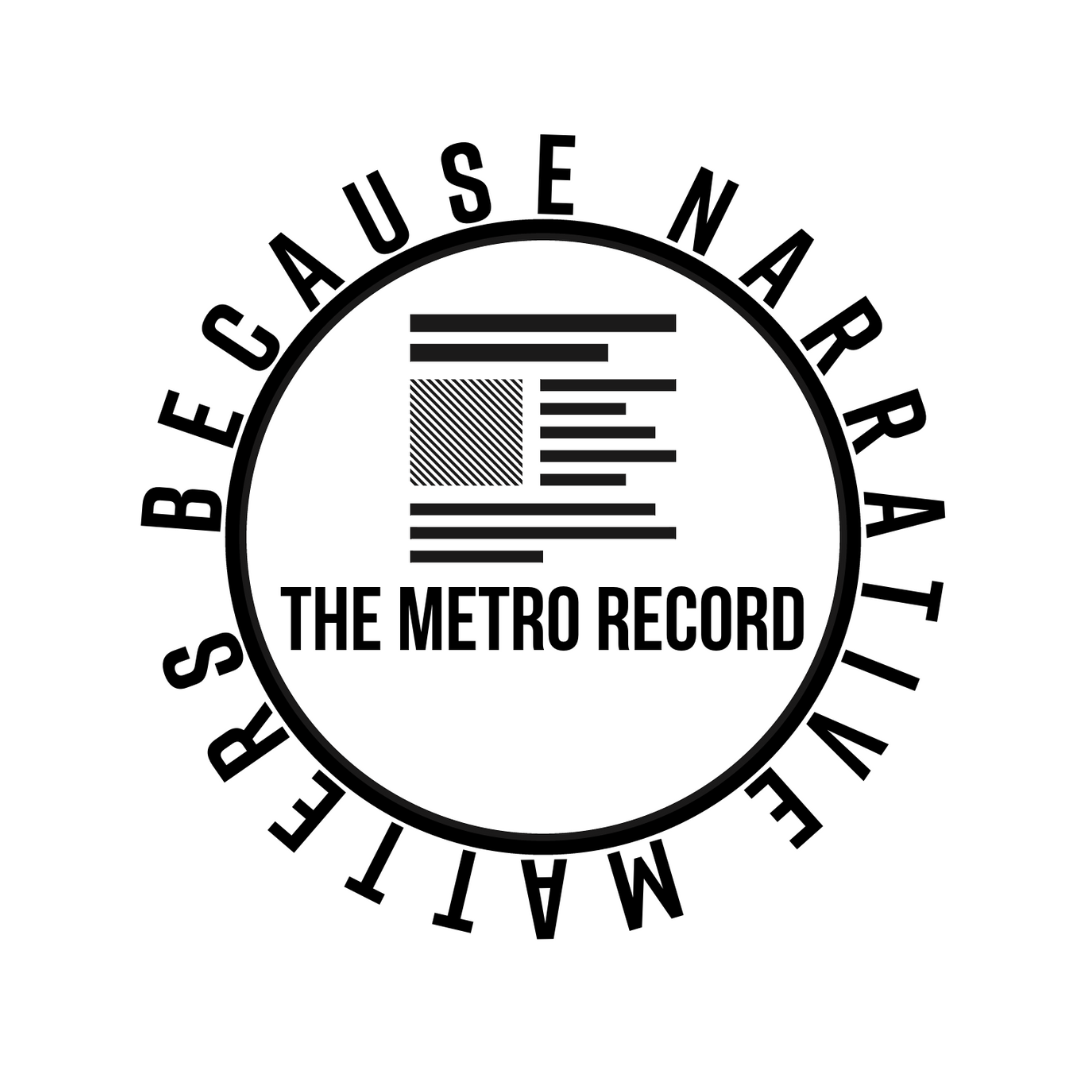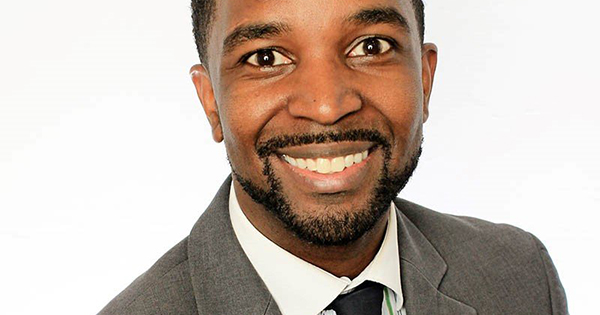Nationwide — Meet Byron Jennings, a graduate of Prairie View A&M University who is now the founder and CEO of Next Generation Payroll, the largest Black-owned payroll, HR, and benefits provider in the country that uses its own software.
To celebrate six years in business, Byron has announced that his firm is partnering with major health insurance carriers to promote group health plans that are eligible for premium refunds.
Insurance providers such as Aetna, Blue Cross Blue Shield, and Allstate have long offered group health insurance plans that reward employers who keep their staff healthy and keep their insurance claims low. At the end of a 12-month coverage period, a business can receive a rebate check in the mail if the company didn’t rack up an exorbitant amount of insurance claims in the 12-month period.
Small businesses are always seeking to work with an insurance broker to purchase the lowest-premium health insurance policy on the market. That’s no longer the winning strategy that improves a company’s bottom line. Decision-makers are now starting to focus on how much money they can get back in the form of a health insurance rebate instead.

Fully funded insurance plans are based on the idea that a health insurance provider takes on the risk of paying for all health care claims in exchange for a monthly premium. The opposite of self-funded insurance is self-funded insurance, which lets a business “assume the risk” of paying for their own health care costs. Since a business is using its own financial resources to pay for health insurance premiums, it is in control of its own money and is entitled to have it “credited” back to it when they don’t use It’s a concept that is completely overlooked in the small business community.
Byron comments, “We have all heard that high risk yields a high reward, and more entrepreneurs are getting on board with the health plans that my company, Next Generation Payroll, is promoting without hesitation.” “Adding a stop loss insurance plan to the deal essentially eliminates the risk by providing resources to pay for the occasional excessive health insurance claim.” It’s an all-around win for the business with only three possible outcomes:
Scenario 1
Within a year, employers use 100% of the premiums they set aside for health insurance coverage. The company makes good use of resources and doesn’t waste money.
Scenario 2
When you don’t use all your health insurance funding, you will get a percentage of the unspent insurance premiums refunded to the business. This will result in a refund of several thousand dollars, depending on the size of the company. The refunded dollars can be used on other aspects of the business, taken as profit, or invested in the employees.
Scenario 3
If a company’s health insurance claims exceed the company’s accumulated health insurance resources, a stop-loss insurance policy pays for all the health claims above the saved value. Hence, businesses are protected from paying for excessive healthcare claims as the worst-case scenario becomes a cost-saving event for the company.
Byron continues, “Self-funded health insurance plans not only help keep company costs down, but they also often provide much better coverage for the benefits of the employees.” We encourage all of our clients to “travel down the road less traveled.”



